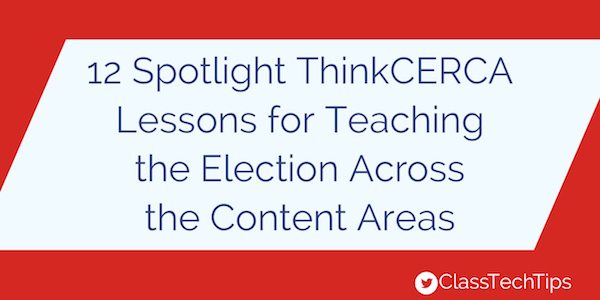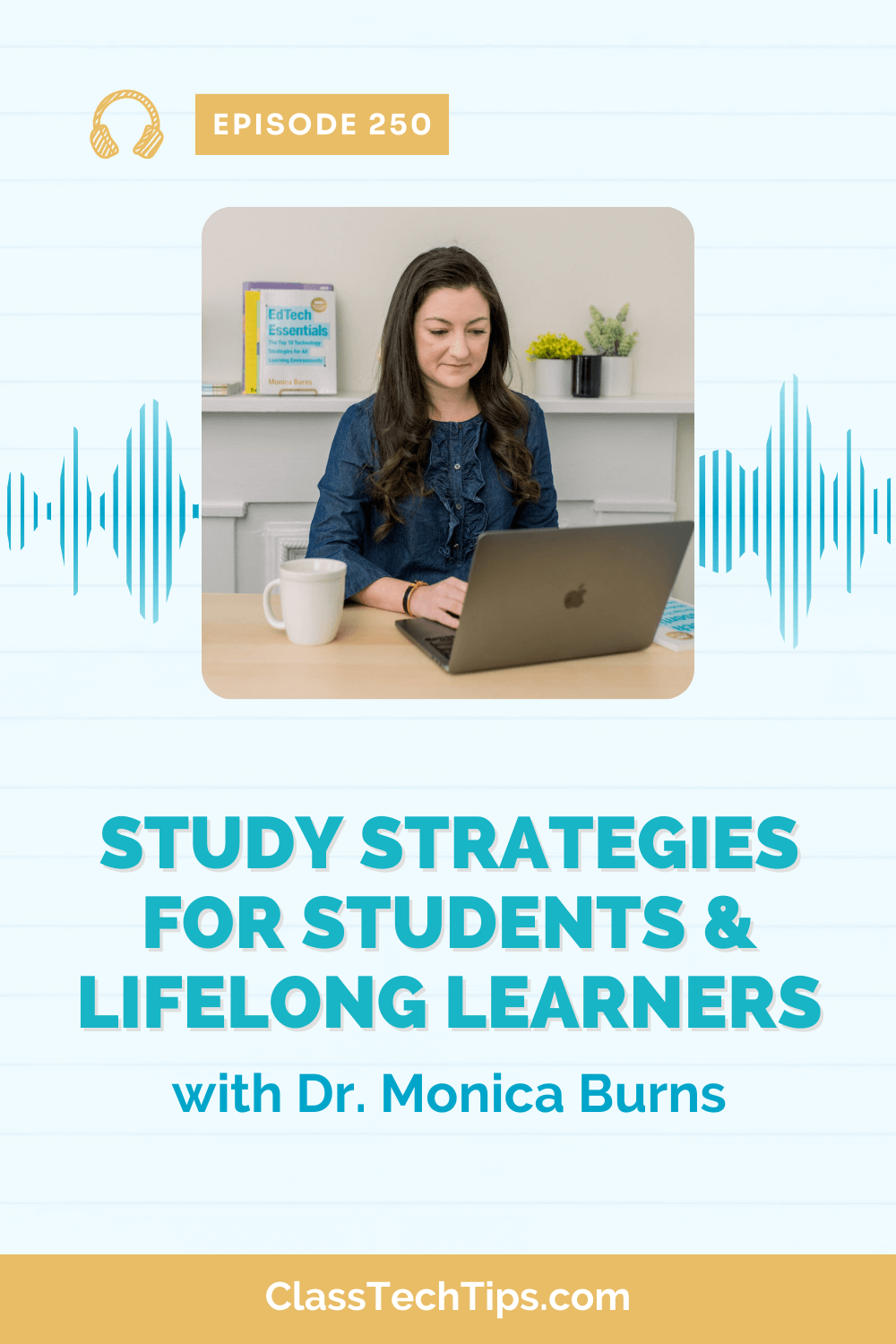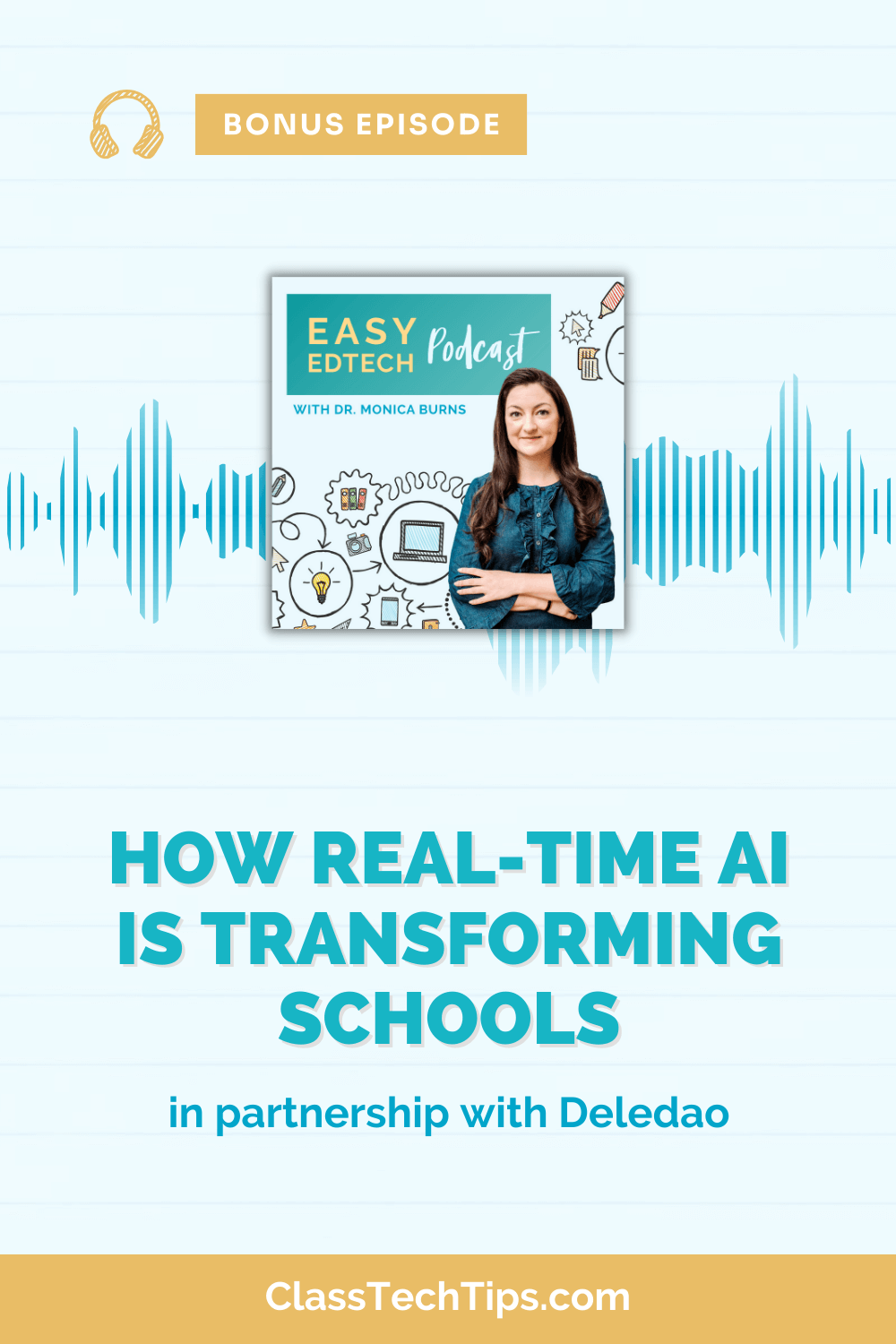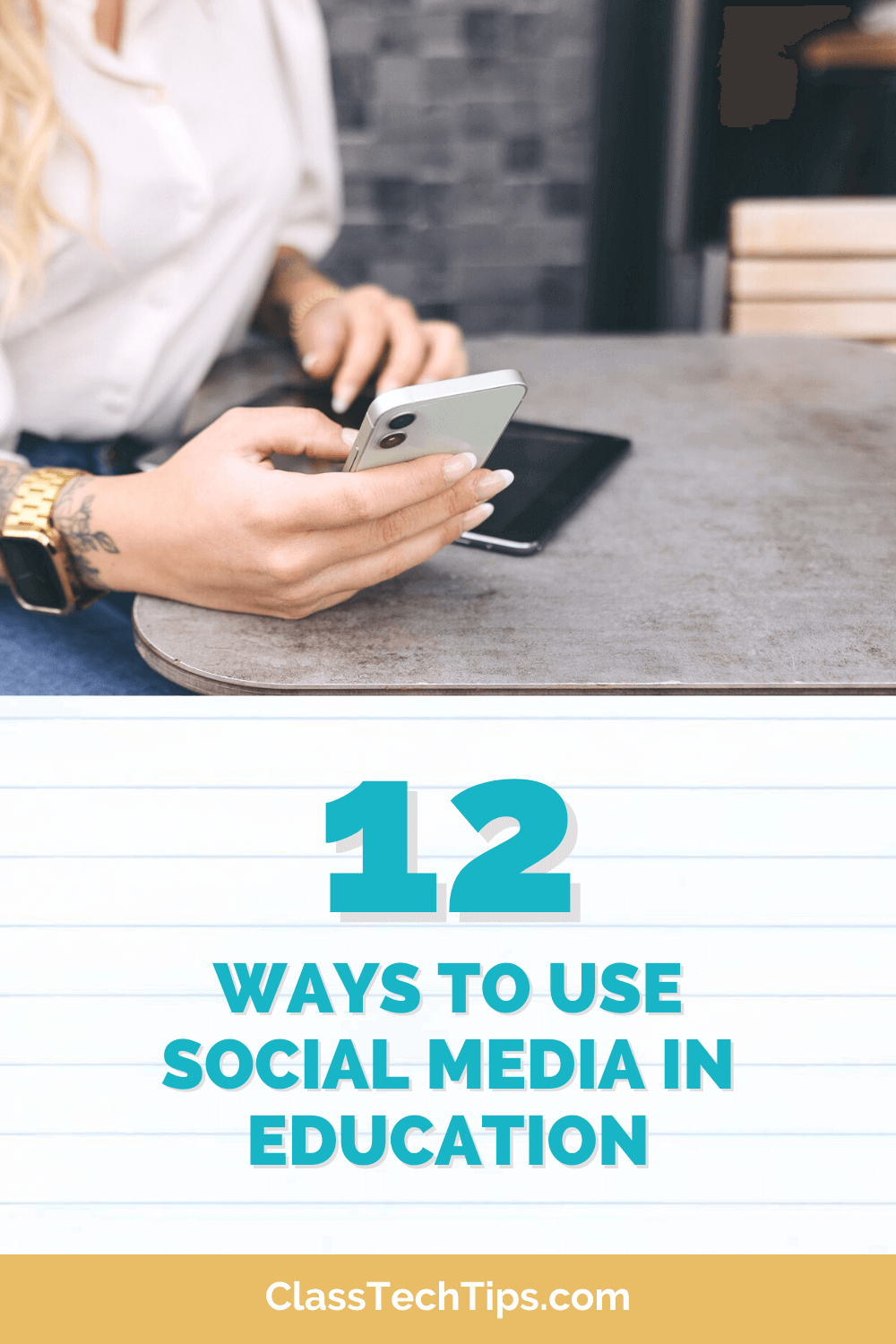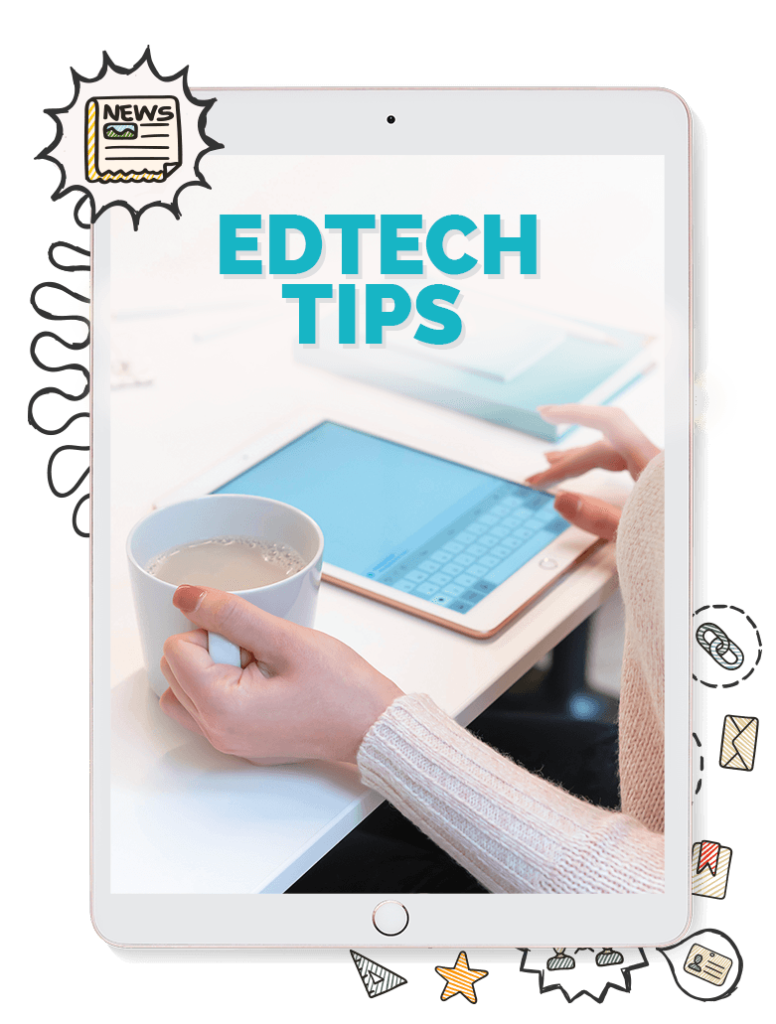The election provides educators with a great opportunity to collaborate with colleagues across disciplines. But sometimes collaboration is easier said than done when traditional learning happens in silos, with every department speaking a different language. So where can you find lessons for teaching the election across the content areas?
ThinkCERCA has designed as a whole-school solution for literacy and critical thinking instruction. This also means that teachers in English Language Arts, science, social studies, and math can all use ThinkCERCA’s differentiated reading and writing lessons to support content knowledge and skills growth for their students.
Teaching the Election
The research-based literacy framework, CERCA, gives teachers across all subjects a common language (Claim, Evidence, Reasoning, Counterargument, and Audience) for discussing literacy across subjects so students know what to expect in every class.
When it comes to the election, teachers can collaborate across subjects using the cross-curricular connections within ThinkCERCA to create a cohesive, meaningful educational experience for students. For example, for a cross-curricular unit on government policies that can be debated in every subject, teachers can collaborate with these four differentiated lesson sets (premium content):
- Government Role in Health (ELA informational text): What role should the government play in regulating health?
- Crime Prevention (social studies): What are the benefits and possible drawbacks of various approaches to crime prevention?
Energy Policy (science): Which energy policy would make the United States most environmentally friendly - The Best Policy (math): How can leaders use math to make the best decisions for their communities
Reading Practice lessons
If you don’t have a premium ThinkCERCA account, there are also plenty of free Additional Reading Practice lessons. These are perfect for discussions across content areas to teach election issues as well. All you have to do is sign up for a free account.
Grades 3-5:
-
The History and Process of Voting: Why is voting a civic responsibility?
-
Warm, for Alaska: According to the graph, is the record temperature for Alaska part of a trend?
Grades 6-8:
-
Calling the Constitution’s Bluff: What are the possible challenges to the idea that the Constitution protects the freedoms of all people in the United States?
-
Barriers and Obstacles: What are some of the possible challenges to the idea that all citizens have equal voting rights?
Grades 9-10:
-
Criminal Sentencing in Urgent Need of Reform: Should Congress act to reform mandatory minimum sentencing laws?
-
The Problem with the Electoral College: Should the Electoral College be disbanded?
Grades 11-12:
-
We the Voters: Why We March: Why are marches and protests an effective way of making an argument?
-
We the Voters: American Party Animals: Do the benefits of the two-party system in the United States outweigh the downsides?
For more elections-focused lessons, check out ThinkCERCA’s complete list of 115 lessons for teaching election issues in any classroom!
